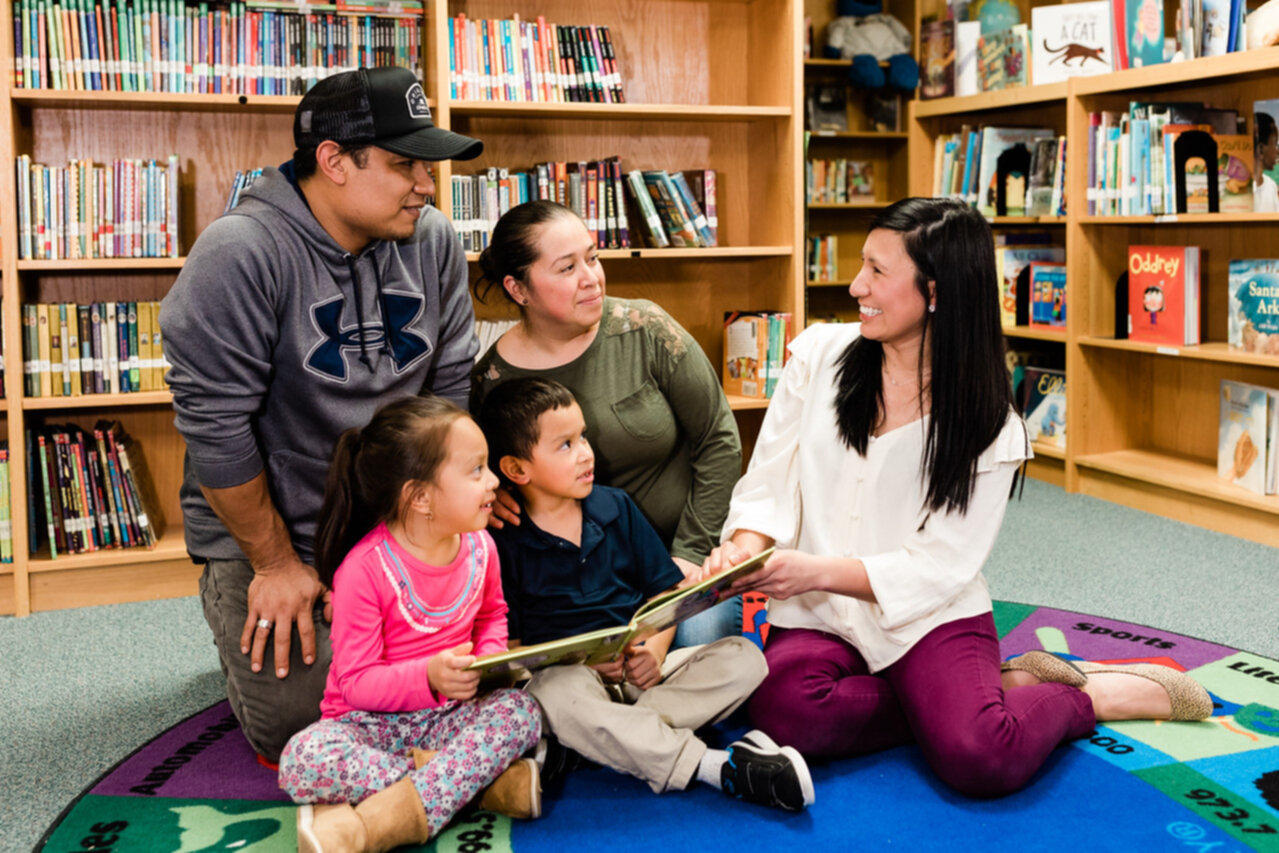It is undeniable that poverty leads to disparities in reading and language development. Research has consistently demonstrated that poverty levels are associated with a decrease in phonological awareness, vocabulary, and syntax throughout the various stages of child development. But what causes those disparities, and how can we as teachers help to support change in the areas of reading and language development, and particularly with immigrant parents?
There are two main concerns when it comes to poverty and its effects on reading and language development. The first concern deals with family or parental emotional distress that affects the daily lives of low socioeconomic parents and families. The second concern deals with parental involvement and how the lack of ability or resources to assist their children’s basic needs with reading may affect their child’s progress with reading and language development.
Family or Parental Emotional Distress
Low-income parents have a great deal of stress from work or the lack of work, as well as stress from not having enough money to pay for basic necessities such as rent, food, or clothing. Family or parental emotional distress can have a great impact on the physical and mental health of children and their learning abilities. This emotional distress can sometimes lead to harsher, more authoritarian parenting methods, which can lead to fewer chances for nurturing and affectionate encounters, because nurturing attention takes time. As a result, children can become distressed and emotionally affected, and this can lead to poor academic skills in reading and language development.
Parental Involvement
Parents who are involved in the education of their children make a positive impact in their reading and language development. However, low socioeconomic parents often don’t have time to assist their children in the acquisition of their basic needs to support the requirements of schools. Despite low-income parents wanting to be involved in their children’s education, it can be difficult if they lack the basic knowledge, language skills, time, or money to get their children help.
Recommendations for Reading and Language Development
There are ways that teachers can help combat against the negative effects of poverty. The Latino Family Literacy Project offers school staff a culturally competent framework and curriculum to support parental involvement. Parents meet on campus each week and learn strategies to develop a home reading routine with activities to support reading comprehension, new vocabulary skills, and new language skills. The parent group serves as an ongoing support group as they learn to become active in the school-going process with their children.
Lectura Books publishes multicultural books for English and Spanish learners and can customize library collections for school libraries, classroom use, and family literacy.

